1. “Walk lightly in the spring; Mother Earth is pregnant.” – Kiowa Proverb
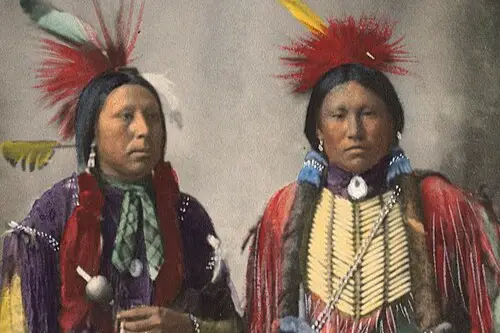
This beautiful phrase reminds us to tread with care—not just physically, but spiritually, Joanna van der Hoeven from The Druid’s Cauldron explains. It teaches respect for nature’s cycles and speaks to the Kiowa people’s deep relationship with the land. The idea of the Earth being “pregnant” highlights creation, rebirth, and the sacredness of life. In a time of climate change, this wisdom feels more relevant than ever.
It’s also a call to mindfulness: we’re not the center of the universe, just part of it. Every step we take leaves a mark, even when we don’t realize it. That’s something modern life often forgets in our rush and noise. The saying nudges us to slow down and think about our impact.
2. “Tell me and I’ll forget. Show me, and I may not remember. Involve me, and I’ll understand.” – Tribe Unknown, but widely attributed to Native oral tradition
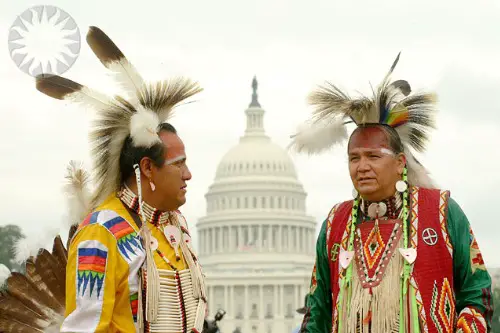
This one sounds like something you’d hear in a modern classroom, right? It’s all about experiential learning—something Indigenous cultures have long valued. Knowledge passed down through doing, storytelling, and community is much more lasting than passive memorization. And honestly, doesn’t it make learning more meaningful?
Today, educators are finally catching up to this idea with hands-on teaching methods and project-based learning. Native communities understood long ago that true understanding comes from participation. It’s not just smart—it’s human. This quote bridges ancient wisdom and modern insight.
3. “We do not inherit the earth from our ancestors, we borrow it from our children.” – Often attributed to various tribes, especially the Wendat (Huron)
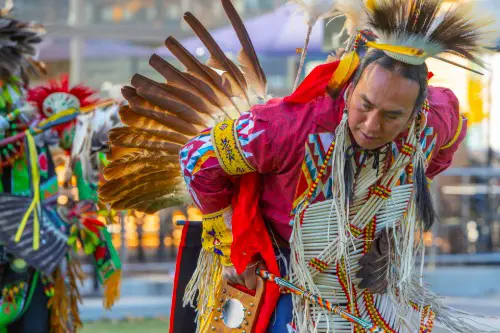
This saying flips our usual thinking. Instead of ownership, it teaches stewardship. It reminds us that the Earth isn’t a possession but a responsibility we hold in trust, Paul Horowitz from Reason Magazine explains. That shift in mindset is vital in today’s environmental conversations.
The phrase carries a quiet urgency—are we being good ancestors? It holds us accountable to future generations who’ll live with the consequences of our actions. This long view of time is a cornerstone of Indigenous worldviews. It’s an invitation to act with care, humility, and foresight.
4. “Listen, or your tongue will keep you deaf.” – Cherokee Proverb
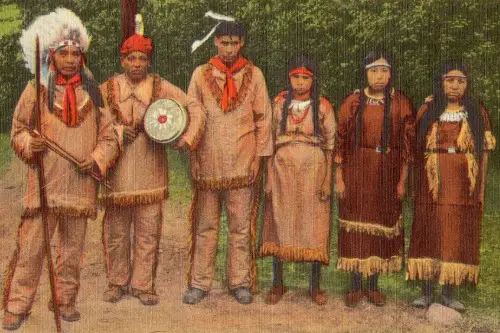
This is sharp, witty, and deeply true. It’s about the power of silence and the value of listening—really listening, Lutheran Indian Ministries explains. In a world full of noise, talking over each other, and hot takes, this quote cuts through. It reminds us that wisdom comes from absorbing, not just speaking.
The Cherokee understood that constant talking can drown out the lessons we need most. It’s a lesson in humility, too—being open enough to hear another perspective. Listening is an act of respect in Indigenous cultures, not a passive thing. This proverb still has a lot to teach us about communication today.
5. “When the blood in your veins returns to the sea, and the earth in your bones returns to the ground, perhaps then you will remember that the Earth does not belong to you—it is you who belong to the Earth.” – Attributed to various tribes, notably the Hopi
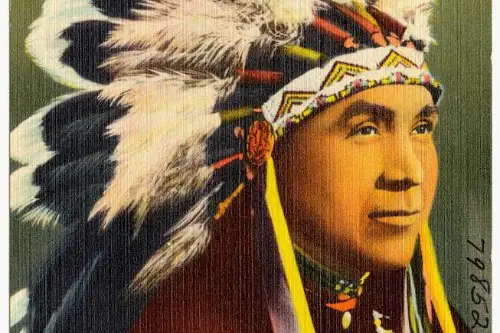
This is more than poetic—it’s profound. It paints a picture of life and death as part of nature’s grand cycle. The saying connects us physically and spiritually to the land, not as masters of it, but as part of it. That kind of humility is rare but needed.
Modern society often lives with the illusion of separation—from nature, from others, even from ourselves. This quote reminds us that disconnection is just that—an illusion. We are earth, we are water, we are dust. And that realization can be deeply grounding.
6. “A frog does not drink up the pond in which it lives.” – Native American Proverb, often attributed to the Sioux
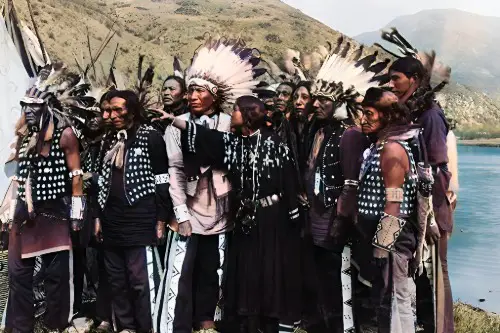
This one might sound simple, but it’s loaded. It teaches balance—taking only what you need. The frog depends on the pond, so harming it would be self-destructive. It’s ecology 101, long before the term existed.
We see this wisdom play out in Indigenous conservation practices. They often harvest seasonally, rotate resources, and use only what’s necessary. It’s not just tradition; it’s survival rooted in respect. We could learn a lot from that mindset.
7. “It is better to have less thunder in the mouth and more lightning in the hand.” – Apache Proverb
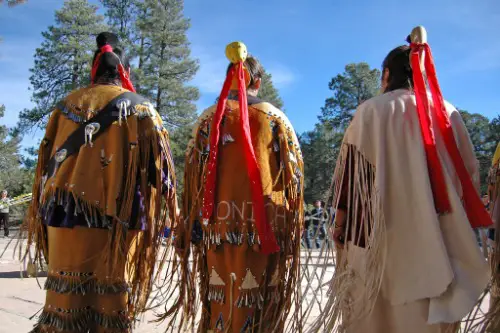
Talk is cheap—this saying gets right to the point. It emphasizes action over words, results over bluster. It’s a challenge to back up what you say with what you do. In an age of online opinions, this hits hard.
The Apache respected strength, but not the loud kind. They admired quiet competence and effective action. This quote still resonates in workplaces, communities, and relationships, according to Teach Different. Sometimes, the most powerful people say the least.
8. “Before eating, always take time to thank the food.” – Arapaho Proverb
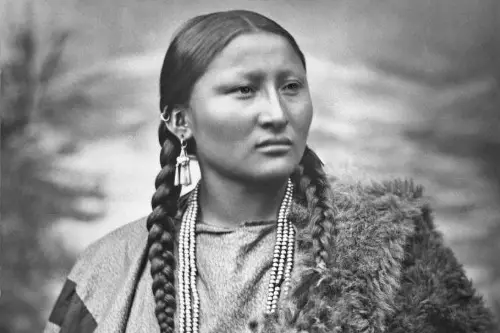
This isn’t just about manners—it’s about gratitude. The Arapaho understood the sacredness of sustenance, from the hunt to the harvest. Taking a moment to thank the food acknowledges its life and the labor that brought it to you. It’s a small ritual that cultivates big awareness.
In today’s fast-food culture, it’s easy to forget the origins of what we consume. This saying asks us to reconnect with the source. It turns eating into a spiritual act, not just a habit. And that shift can change how we relate to the world around us.
9. “Don’t let yesterday use up too much of today.” – Cherokee Proverb
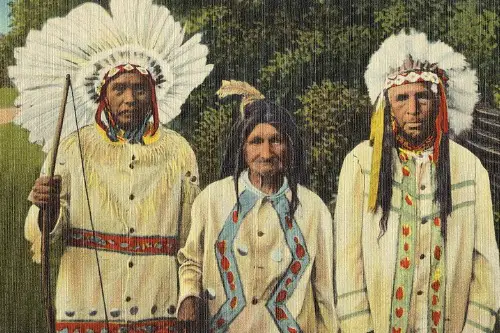
This one feels timeless, doesn’t it? It’s a gentle reminder to live in the present instead of being dragged down by regret or nostalgia. The Cherokee people placed great value on balance—not just with nature, but within ourselves. Dwelling on the past too long can rob us of today’s opportunities.
It’s not about forgetting history, but about not getting stuck in it. We all have days where we carry emotional baggage we should’ve set down long ago. This quote encourages healing by focusing on what we can do now. It’s a message of self-compassion and mindful living.
10. “Wisdom comes only when you stop looking for it and start living the life the Creator intended for you.” – Hopi Proverb
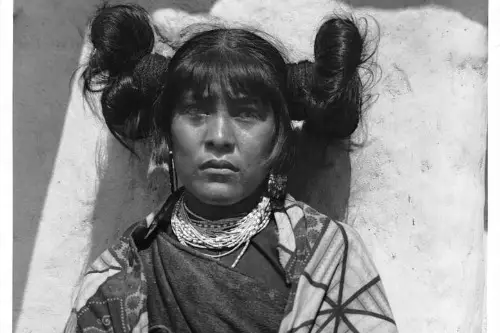
This one speaks to the heart of purpose. It suggests that chasing wisdom directly can sometimes distract from experiencing life fully. The Hopi people believed in aligning with the natural order and living in harmony with what is. When we let go of control and live with intention, wisdom has room to arrive.
So much of modern life is a constant pursuit—of knowledge, success, validation. But this saying invites surrender, trust, and a return to simplicity. Live right, live true, and insight will come. It’s a spiritual nudge to stop striving and start being.
11. “Certain things catch your eye, but pursue only those that capture your heart.” – Native American Saying, often cited by traditional elders
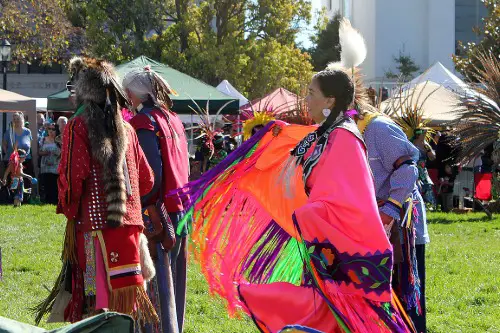
This quote is about discernment—and following what really matters. There’s beauty everywhere, but not all of it belongs in your life. The message is: don’t get distracted by flash and novelty. Go deeper and listen to your inner compass.
In a world overflowing with options, ads, and social media distractions, this advice hits home. Your time and energy are precious—treat them like sacred tools. Follow what speaks to your soul, not just your senses. That’s how you build a meaningful path.
12. “Those who have one foot in the canoe, and one foot in the boat, are going to fall into the river.” – Tuscarora Proverb
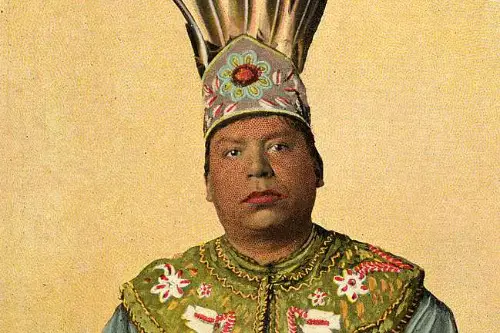
You can’t live in two places at once, and this quote makes that hilariously clear. It’s a humorous but wise warning about indecision and lack of commitment. The Tuscarora people valued unity, both in community and in action. If you’re split between two directions, you’re not grounded in either.
Whether it’s a job, a relationship, or a life choice, trying to straddle both sides eventually causes you to lose balance. This saying is about making a choice and standing firmly in it. Half-hearted living leads to full-scale trouble. Commit to the path you choose—or be ready to swim.
13. “Everything the power of the world does is done in a circle.” – Black Elk, Oglala Lakota
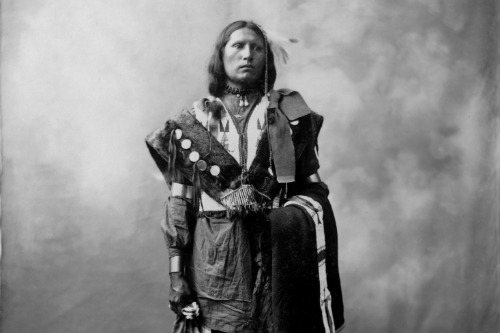
This is a foundational concept in Lakota thought and ceremony. Circles represent life, the seasons, the sun and moon, and the cycles of time. Black Elk observed that the natural world doesn’t move in straight lines but in sacred, endless loops. It’s a way of understanding interconnectedness and flow.
Today, we think in linear terms—start, progress, finish—but nature doesn’t work like that. Healing, learning, and growth come in spirals. Recognizing the circle can help us accept that setbacks are part of the process. It’s a deeply grounding way to see the world.
14. “When you were born, you cried and the world rejoiced. Live your life so that when you die, the world cries and you rejoice.” – Cherokee Proverb
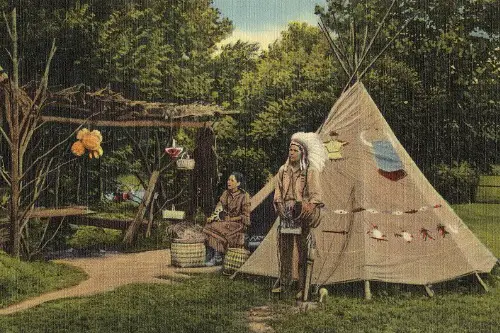
This one gives you chills, doesn’t it? It’s a beautiful call to live a life of impact and fulfillment. The Cherokee believed that a life well-lived is one that leaves the world better. This saying captures the essence of legacy and joyful departure.
It reminds us to invest in relationships, generosity, and truth. If you live with love and integrity, your absence will be felt—but your spirit will rejoice. That’s not just poetic—it’s motivational. What kind of life are you building today?
15. “Each person is his own judge.” – Shawnee Proverb
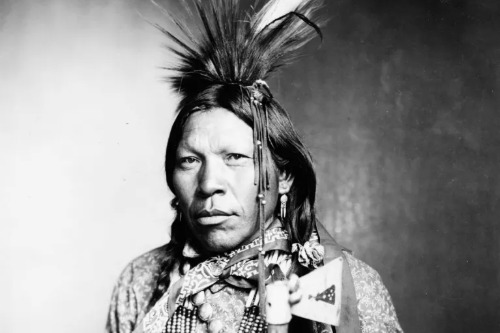
This quote cuts straight to personal responsibility. It reflects the Shawnee emphasis on self-governance and integrity. The idea isn’t that judgment doesn’t exist—it’s that it should come from within, not from the crowd. You know what’s right in your bones.
In an age obsessed with external validation, this feels radical. It urges you to act based on conscience, not convenience. That’s how real character is formed. Being your own judge means you answer to your values, even when no one’s watching.
16. “May the stars carry your sadness away, may the flowers fill your heart with beauty, may hope forever wipe away your tears.” – Native Blessing, often used in ceremonial contexts
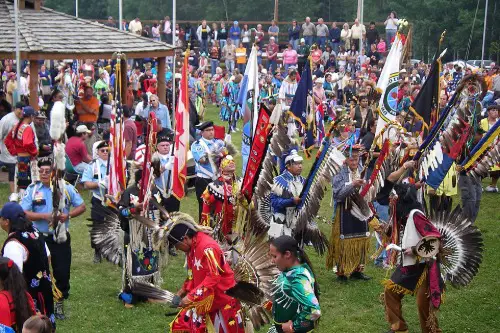
This closing blessing is tender and filled with care. It shows how Indigenous cultures wove poetry into their healing practices. Grief, beauty, and hope are held together here—not as opposites, but as companions on the path. It’s a reminder that healing is both cosmic and earthly.
We often try to rush grief, but this saying offers comfort without pressure. The stars, the flowers, the very Earth are part of our emotional restoration. There’s softness here, and deep strength. It’s the kind of blessing that still resonates deeply—maybe even more so today.


